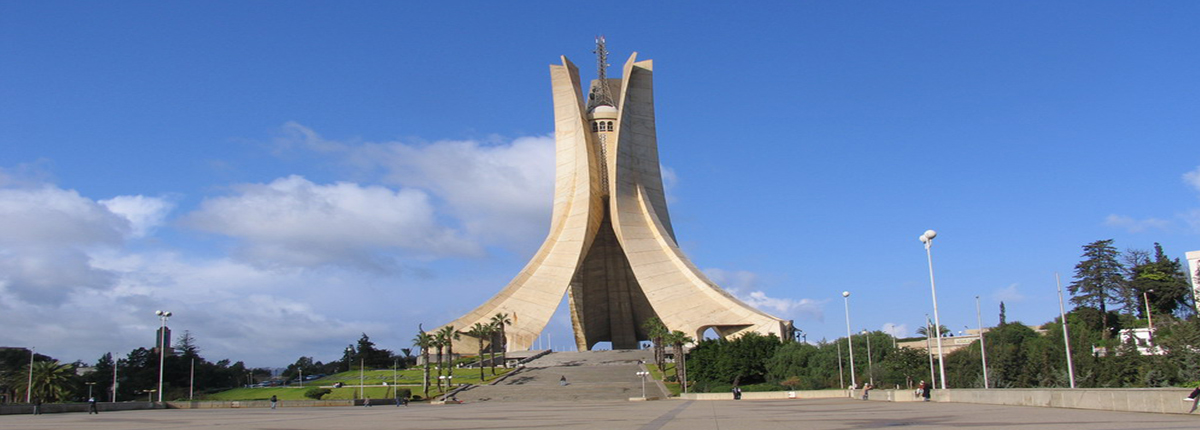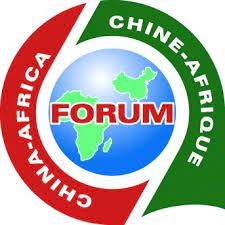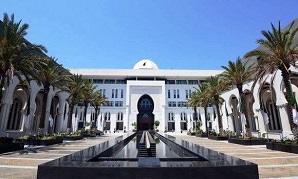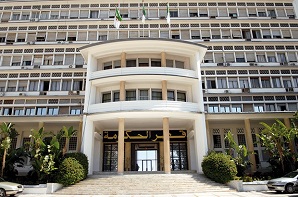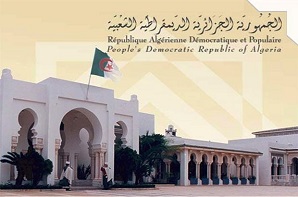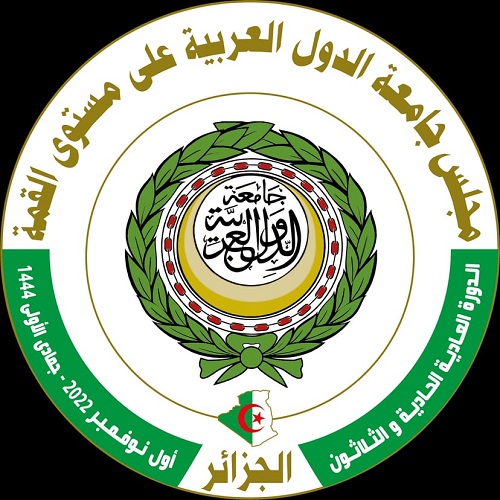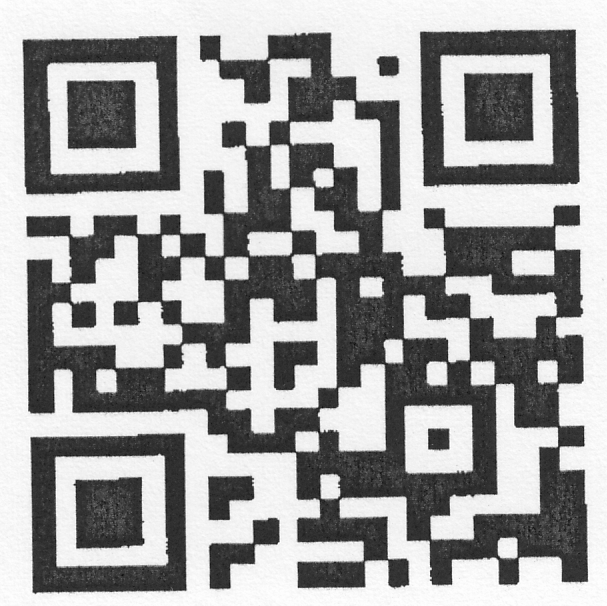NEWSmore
Pharmaceutical industry seeks to meet domestic needs, access international markets
ALGIERS-Thanks to the incentives provided by the state, the pharmaceutical industry seeks to meet more than 70% of domestic needs, and subsequently, reduce the import bill of drugs and access to foreign markets.The pharmaceutical sector, which remains closely linked to the national healthcare sovereignty, represents nearly four US$4 billion covering 1033 international non-proprietary names (INN) and 2904 medical devices. State’s support for the sector has led to such results.
The State supervises this sector as an integral part of the national healthcare policy based on supply and demand to ensure comprehensive coverage of all regions of the country, including through the creation of a pharmaceutical industry ministry in 2021.
After the State has given up the monopoly on the import, storage, and distribution of drugs and thanks to efforts to promote local production, the number of production units has reached 196 in recent years including 10 units under the Saidal Group.
Through its many achievements in the field of the fight against Covid-19, the national pharmaceutical industry has experienced rapid growth, particularly in terms of the production of personal protective equipment, oxygen, and screening tests prescribed under the protocol of care for patients, in addition to the domestic production of anti-Covid-19 vaccine.
The rate of market coverage by local production has increased from 40% in 2011 to more than 70% in 2021 under the commitments of the President of the Republic, Abdelmadjid Tebboune.
Such results have encouraged Algeria to move towards foreign markets, including Arab and African, after providing all the necessary conditions including transport and the opening of bank branches abroad.
Given the strategic importance attached to this sector through the recent creation of the National Agency for Pharmaceuticals (ANPP), it is more than necessary to make legal reforms for its protection and development, in addition to promoting exports to ensure a continuous supply of the domestic market with effective and safe products meeting international standards.
The Government has developed several laws for the organization of the pharmaceutical industry sector, including import, distribution, operation, and production, in addition to regulations part of the cooperation with the international regulatory authority to boost exports.
A digital platform and management mechanisms have also been created to deal with shortages in case of disruption of the market supply of drugs, with the instant release of import programs and the creation of a monitoring observatory that ensures the supply of drugs.
This policy tends to rationalize the use of drugs in terms of prescription and price. The public authorities have drawn up a specific list of reimbursable drugs based on the reference tariff.
Besides, the public authorities ensure compliance with the law on competition and international commitments of Algeria in this area to ensure the quality of this vital industry and enable it to achieve its goals.
As part of the development of this sensitive sector, the import bill has significantly declined in recent years from US$2 billion in 2019 to US$1.7 billion in 2020 and US$1.2 billion in 2021, down by 40%.
This drop comes in parallel with an increase in the value of local production, which rose from US$2.1 billion in 2019 to US$2.4 billion in 2020 to reach US$3.1 billion in 2021, up by 1 billion USD.
